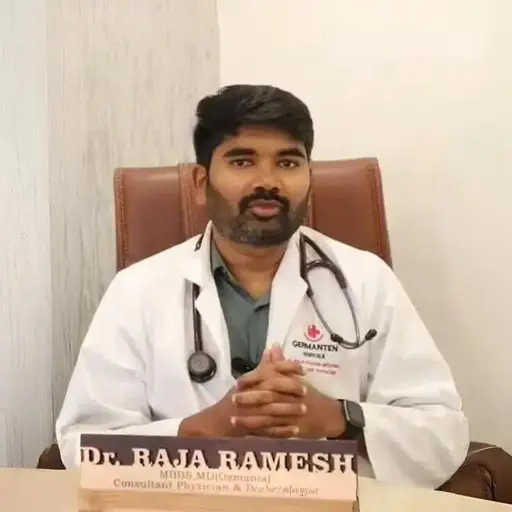Every year, October 10 is observed as World Mental Health Day, a global reminder that mental well-being is just as important as physical health.
From work pressure to financial worries, social expectations to digital overload — stress has quietly become part of modern life.
Yet, many hesitate to seek help, thinking it’s “just stress” or something they should “handle on their own.”
It’s time to change that mindset. Mental health deserves the same care and attention as any physical illness.

A story from my practice
A 32-year-old IT professional came to my practice with headaches, insomnia, and low energy.
Despite normal medical reports, he felt constantly exhausted and anxious.
After evaluation, we found he was under severe work-related stress and early depression.
With simple lifestyle changes, counselling sessions, and short-term medication, his condition improved within weeks.
What helped him most was understanding that mental health is real health — and asking for help is a sign of strength, not weakness.
Tips to Handle Stress
Modern life will always bring challenges — but how we manage them makes all the difference.
Here are a few practical steps to protect your mental health:
✅ 1. Prioritize sleep and routine
Good sleep is the foundation of emotional balance. Avoid screens before bed and follow a consistent sleep schedule.
✅ 2. Exercise regularly
Even 30 minutes of brisk walking or yoga can reduce anxiety and release endorphins — your natural mood lifters.
✅ 3. Limit caffeine, alcohol, and nicotine
These substances may give short-term relief but worsen anxiety and disrupt sleep cycles.
✅ 4. Stay socially connected
Talk to trusted friends or family. Isolation worsens stress — communication heals.
✅ 5. Practice mindfulness or meditation
Simple breathing or guided relaxation techniques can calm your mind and reduce racing thoughts.
✅ 6. Seek professional help early
If symptoms persist — loss of interest, hopelessness, panic attacks, or suicidal thoughts — talk to a mental health professional.
Medical Treatment for Mental Health Disorders
Many mental health issues, such as depression, anxiety, panic disorder, bipolar disorder, or OCD, respond well to medical treatment when started early.
Treatment may include:
- Medications (antidepressants, mood stabilizers, anti-anxiety drugs) — prescribed by a psychiatrist.
- Cognitive Behavioral Therapy (CBT) or psychotherapy — guided by a psychologist or counsellor.
- Lifestyle modification and regular follow-up — essential for long-term recovery.
Mental health conditions are biological and treatable, not a sign of personal weakness.
Just like diabetes or hypertension, early diagnosis ensures faster and better outcomes.
Importance of Counselling and Psychologist Support
Counselling provides a safe, non-judgmental space to express thoughts, emotions, and fears.
A trained psychologist helps patients:
- Understand triggers of stress or anxiety
- Develop coping mechanisms
- Reframe negative thinking patterns
- Improve self-esteem and communication
In many cases, counselling alone can prevent depression or anxiety from worsening, reducing the need for long-term medication.
Difference Between a Psychiatrist and a Psychologist
| Role | Psychiatrist 🧠 | Psychologist 💬 |
|---|---|---|
| Qualification | MBBS + MD (Psychiatry) | MA/MSc + M.Phil/PhD (Psychology) |
| Focus | Diagnosis and medical treatment of mental illnesses | Therapy and counselling for emotional, behavioral, and stress issues |
| Can prescribe medication? | ✅ Yes | ❌ No |
| Common conditions treated | Depression, bipolar disorder, schizophrenia, OCD, anxiety, sleep disorders | Stress, relationship issues, burnout, emotional trauma, personality development |
Both work together as a team, ensuring patients receive comprehensive care — medical and psychological.
Final Thoughts
On this World Mental Health Day, let’s remember:
“There is no health without mental health.”
Every person deserves peace of mind, balance, and emotional strength.
If you’re feeling overwhelmed — pause, breathe, and reach out.
A conversation today can prevent a crisis tomorrow.
Let’s normalize mental health conversations — at home, in schools, and at workplaces.

About Dr. D. Raja Ramesh
Services
- Diabetes & thyroid care
- Hypertension & lipid management
- Fever, infections & dengue care
- Preventive health check-ups
- ECG & cardiac risk assessment
